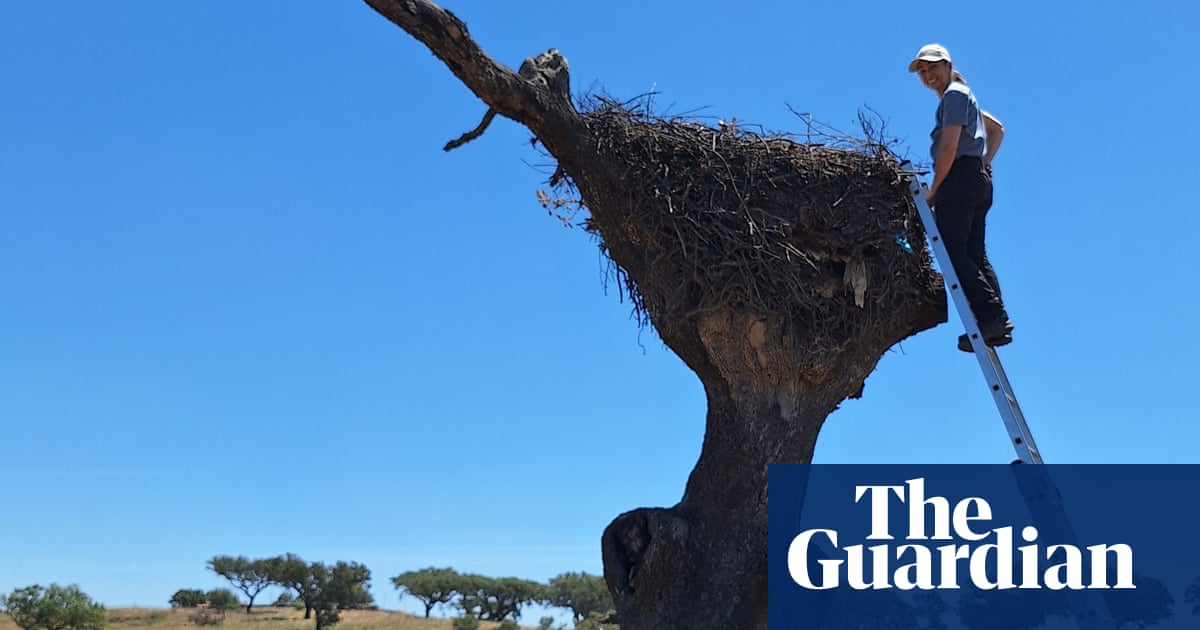
"The chick was tethered to the nest by a piece of plastic baler twine, and its belly was a mass of maggots, an indication it was being eaten alive from underneath."
"Many other bird species, including sparrows, starlings, and kestrels, live within the stork nests, which serves not just one species but a community of birds."
"Baler twine is widespread in many countries and is not just a Portuguese problem or a white stork problem, indicating a larger global issue with plastic."
Dr. Marta Acacio climbed a tree to ring a healthy stork chick, only to find it tethered by plastic baler twine and infested with maggots. Acacio cut the twine and treated the chick, but it ultimately did not survive. This incident is part of a larger concern about the impact of plastic in nests, affecting not only storks but various other bird species living within the nests. Researchers believe that they are underestimating the death toll from plastic among bird populations globally, which poses a serious risk to their survival.
Read at www.theguardian.com
Unable to calculate read time
Collection
[
|
...
]